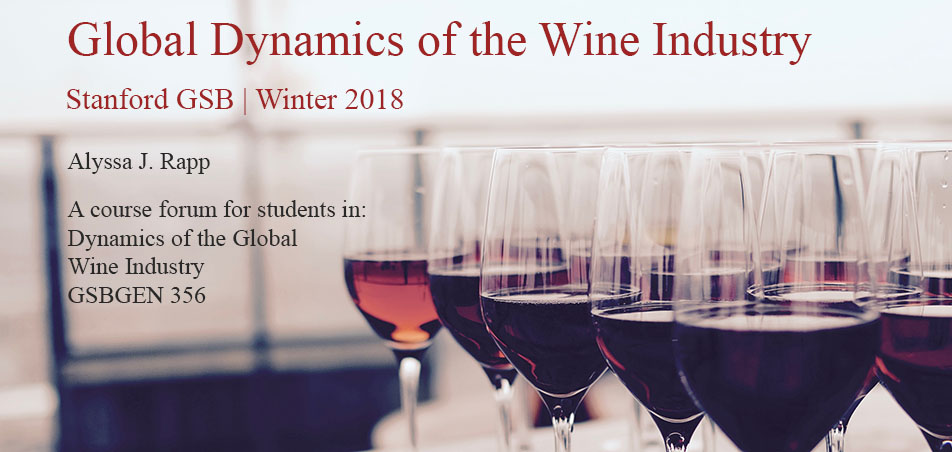Jane had a great post last week about French attitudes toward wine. She discusses how the traditional relationship between wine and French national identity may be challenged and come into tension with health concerns about alcohol consumption that have recently entered the social consciousness. I found the topic really interesting and it was great to get the health perspective on French attitudes toward wine. The post reminded me of another angle I've thought about in the past regarding French attitudes towards wine and how it might change over time. Specifically, I'm curious as to how changing religious and cultural demographics might affect these attitudes over time. This has been in the back of my mind since our first class when Alyssa presented a slide that showed a slight decrease in French wine consumption over time. I wondered at the time what this decrease was attributable to.
Jane's post offers health as one potential contributor to this change. I wondered whether or not changing demographics from immigration might also contribute to this phenomenon. Islam is currently the second largest religion in France, following Catholicism and is likely to continue to grow as a share of religious affiliation due to underlying demographic headwinds (e.g., continued immigration, birthrates, decline of Catholic affiliation). I wondered how this might affect France's attitudes towards wine given that consumption of intoxicants, including alcoholic beverages is forbidden by the Qur'an. I think it's unlikely that changing religious demographics are a major driver in the short term, but over time I would think that a large Muslim population might also affect how France views wine in relation to its national identity. In fact, there have already been a few controversies adjacent to this issue. In 2016 then-French President Francois Hollande cancelled a scheduled lunch with the President of Iran because the Iranian government insisted that no wine be served at the lunch. More recently, in December of last year, local French authorities ordered a Halal supermarket in a suburb of Paris to close unless it began to sell alcohol. The authorities argued that the market did not properly serve the local community by withholding alcohol from its shelves.
It is unclear whether or not French attitudes towards wine will significantly change with changes in the country's religious makeup. That said, there do seem to be times in which wine as a historical element of French national identity comes into tension with other evolving aspects of French identity.
P.S. As an aside, as a practicing Catholic, I find the interplay of religion and wine consumption quite interesting given the centrality of wine consumption to the rites of my faith (i.e., weekly consumption of the "accidents" of wine). Two pieces of trivia re Catholicism and wine in Napa Valley: 1) the winning white wine of the storied 1976 Judgment of Paris was from Chateau Montelena, a winery owned by Judy Barrett a committed Catholic and steward of the Papal Foundation. 2) Robert Mondavi actually had some of the grapes at his winery blessed by a Catholic priest before crushing at an annual ceremony each year.

No comments:
Post a Comment